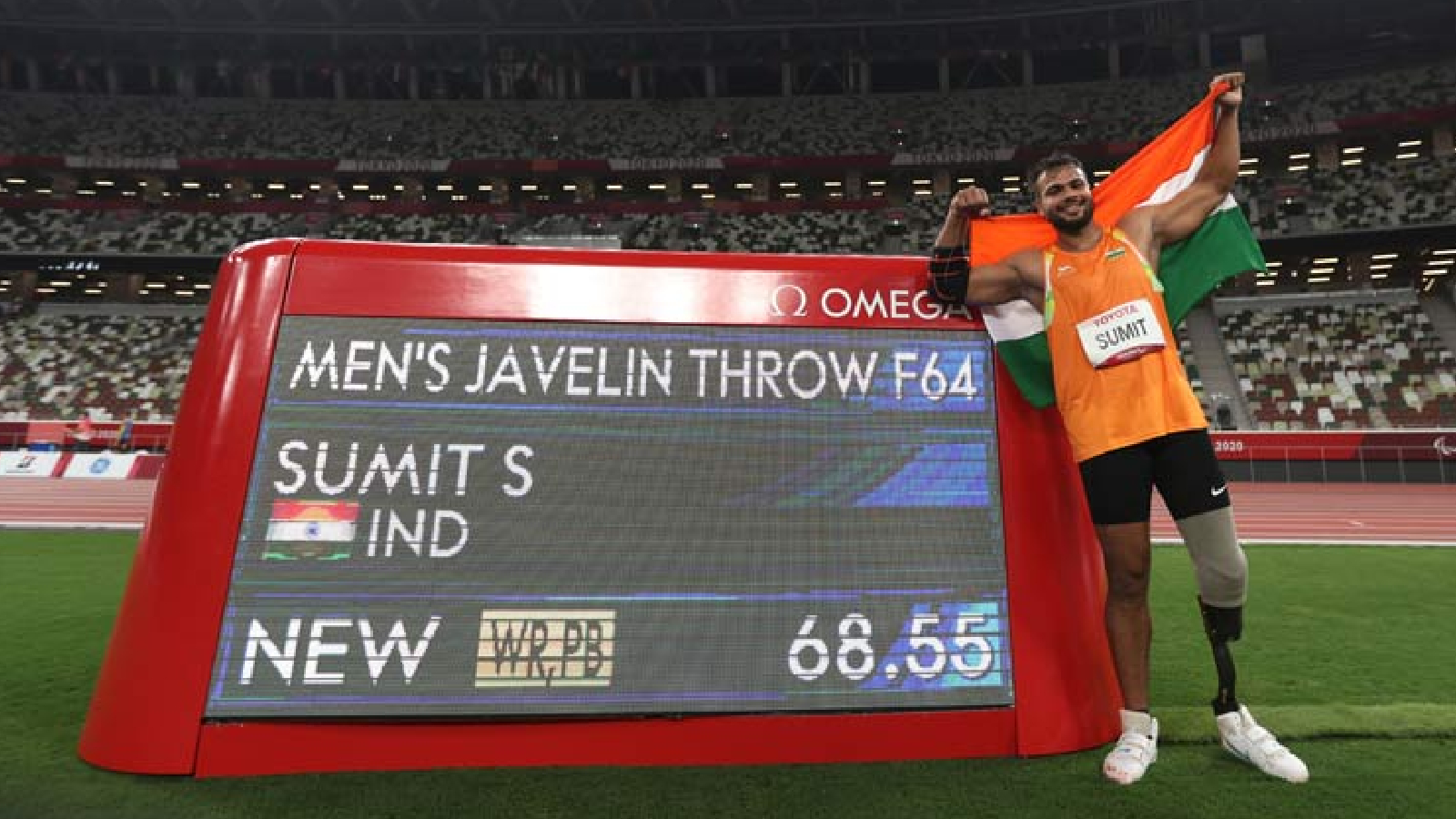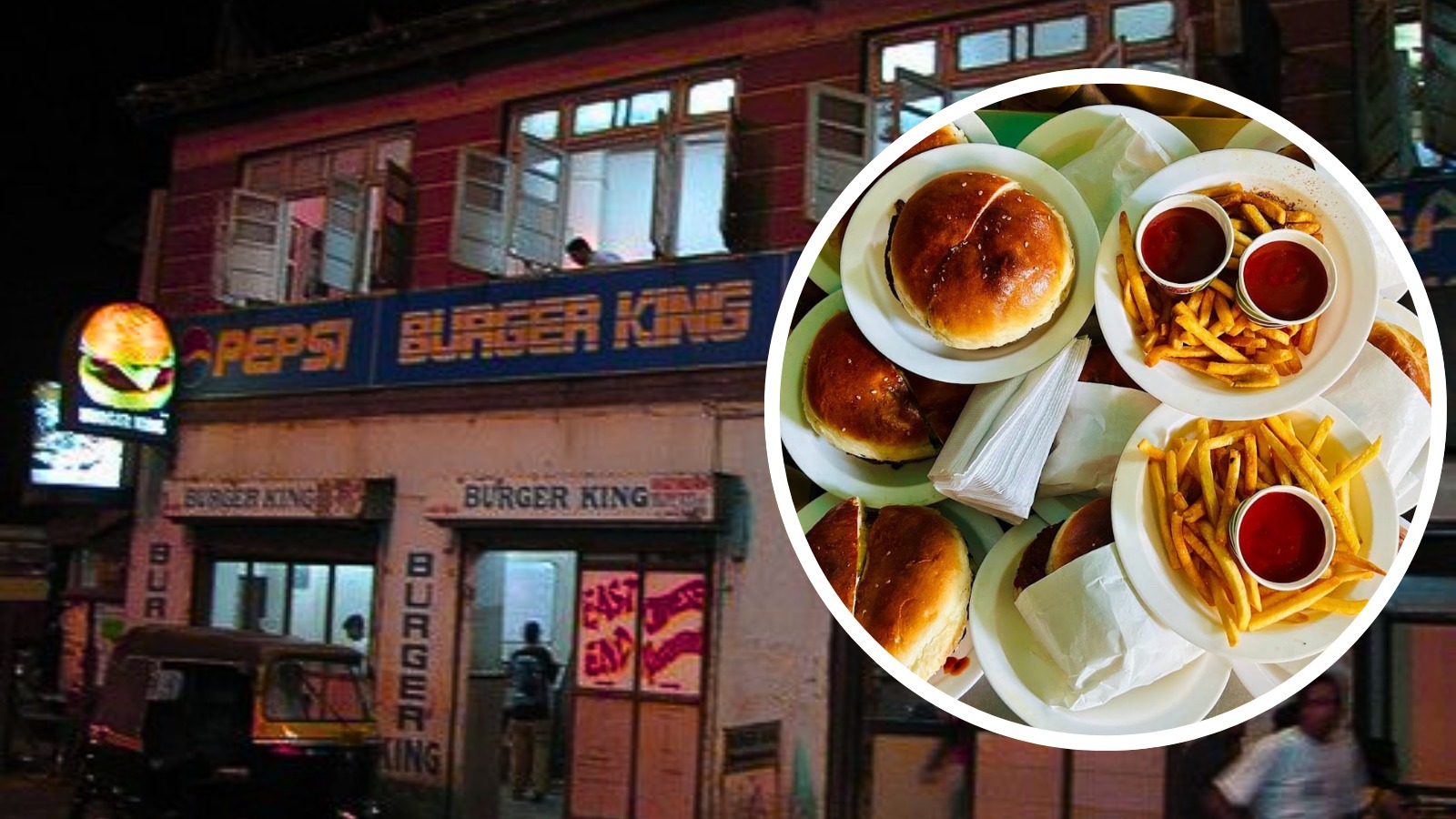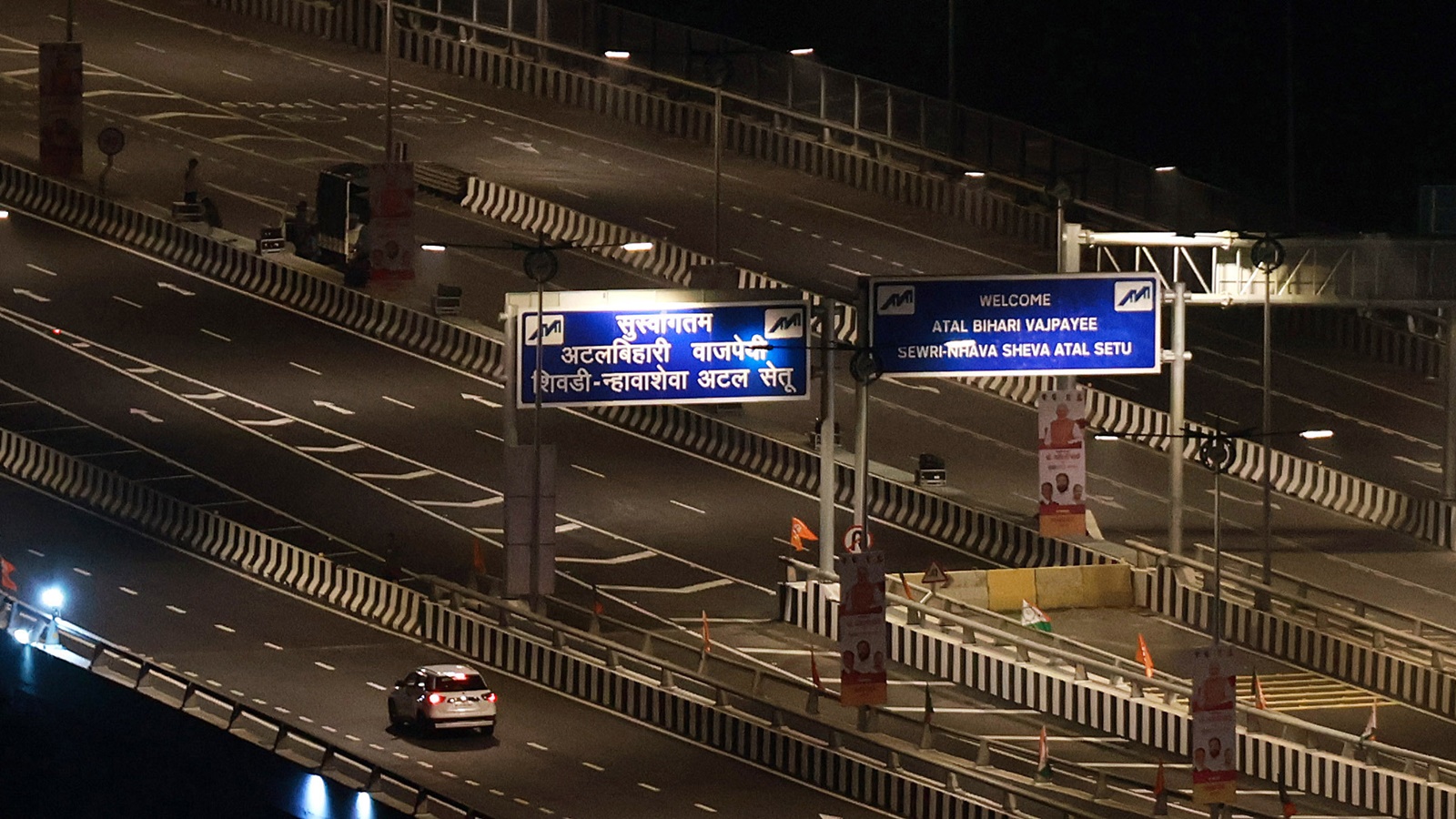The Food Safety and Standards Authority of India (FSSAI) is gearing up to crack down on restaurant chains with 10 or more outlets that have yet to disclose nutritional information on their menus, according to a report in The Economic Times . This move is expected to have a significant impact on thousands of restaurants across the country, which have not been following the regulation that originally came into effect in July 2022. Zerodha co-founder Nithin Kamath has expressed support for the government’s initiative, emphasising the importance of displaying calorie and carbohydrate information on menus. He suggests presenting this data as a percentage to make it more accessible and encourage healthier eating habits among Indians. “Seeing calories, protein, carbs, etc., on a menu is a good start. Ideally, we need to see calories as a percentage of daily calories, proteins, etc,” Kamath wrote in his post on X (formerly Twitter), adding, “Most Indians don’t yet understand calories, but potentially, they could as a percentage. But yeah, one step at a time, and this mandatory display is a great first step.” According to dietician Suhani Seth Agarwal, Head of Department, Dietetics at Yatharth Super Speciality Hospital, Noida, this initiative has its merits, but it’s not without potential drawbacks. Seeing calories, protein, carbs, etc., on a menu is a good start. Ideally, we need to see calories as a percentage of daily calories, proteins, etc. One large chocolate milkshake has 1000+ calories, or 40% of an average person's calorie intake, which is about 2500 calories. But… pic.twitter.com/kpt4GciBmQ — Nithin Kamath (@Nithin0dha) August 22, 2024 For most people, adding calorie information to restaurant menus is a positive step toward promoting healthier eating habits. It allows consumers to make more informed choices, said Seth, particularly those who are conscious of their weight, managing conditions like diabetes, or simply trying to maintain a balanced diet. Knowledge of calorie content can help diners control portion sizes and select meals that fit within their daily caloric needs, potentially contributing to better public health outcomes. The transparency provides customers with tools to align their dietary choices with their health goals. While the calorie count can be empowering for some, it may lead to negative outcomes for others. Seth points out that focusing too much on calories can be problematic, especially for individuals with eating disorders or those who have an unhealthy obsession with calorie counting. The overemphasis on numbers may lead people to prioritise calorie reduction over nutritional quality. This could result in diners avoiding certain foods, even if they are nutrient-dense, because of their higher caloric value. Additionally, the psychological pressure of constantly seeing calorie numbers can increase food anxiety, leading to a restrictive mindset and strained relationship with food. For those with specific health conditions or dietary goals, calorie labeling can be an effective tool, but it should be part of a broader approach to nutrition, not the sole focus. DISCLAIMER: This article is based on information from the public domain and/or the experts we spoke to. Always consult your health practitioner before starting any routine. None
Popular Tags:
Share This Post:

Women’s T20 World Cup 2024: Full schedule, match dates, groups, squads and venues
August 27, 2024What’s New
Spotlight
Today’s Hot
-
- August 27, 2024
-
- August 27, 2024
-
- August 27, 2024
Telegram becomes free speech flashpoint after founder’s arrest
- By Sarkai Info
- August 27, 2024
Featured News
IBM to close China R&D department, affecting over 1,000 jobs
- By Sarkai Info
- August 27, 2024
Latest From This Week
How India’s U-15 winner trained in China, won local tournament at 6
ARTICLE
- by Sarkai Info
- August 27, 2024
OpenAI supports California AI bill requiring ‘watermarking’ of synthetic content
ARTICLE
- by Sarkai Info
- August 27, 2024
Subscribe To Our Newsletter
No spam, notifications only about new products, updates.





























